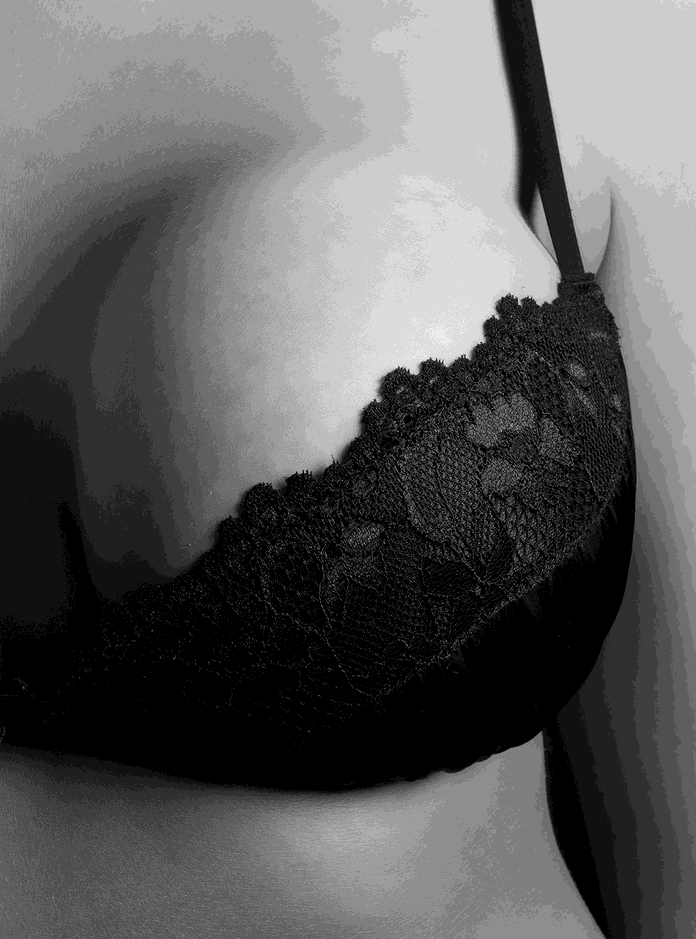Cosmetic crackdown on shonky operators
 The NSW Government is cracking down on cosmetic surgery after several women suffered life threatening complications.
The NSW Government is cracking down on cosmetic surgery after several women suffered life threatening complications.
From 2017, procedures including breast implants, tummy tucks and liposuction will have to be carried out in facilities with equal licensing standards to private hospitals.
“Reports of significant adverse health outcomes for some patients has led to growing public concern over high-risk practices by some operators,” according to New South Wales Health Minister Jillian Skinner.
Subjecting cosmetic surgeons to licensing rules of private hospitals will mean they can no longer perform major procedures like breast augmentation, tummy tucks and liposuction in non-hospital settings.
“These changes will ensure a safer regulatory environment for patients undergoing selected cosmetic surgical procedures,” Ms Skinner said.
Existing cosmetic surgery facilities will be given nine months to get licensing under the Private Health Facilities Act and Regulation.
The NSW Health Ministry announced the review in the wake of multiple life-threatening injuries during cosmetic procedures.
It included some clinics placing “the health and safety of the public at risk” by giving patients high doses of anaesthetic without proper consent.
“The changes ... will ensure a safer regulatory environment for patients undergoing selected cosmetic surgical procedures,” Ms Skinner said.
The changes in NSW will come on top of new Medical Board of Australia national guidelines for cosmetic surgery, which come into force in October 2016.
The national overhaul includes a new cooling off period for patients wanting to go under the knife, as well as stricter guidelines for surgeons and providers.
The reforms force practitioners to take responsibility for post-operative care, and provide more information about costs and risks.
The Australian Society of Plastic Surgeons welcomed the crackdown.
“We have long been concerned by the gap in quality and safety systems surrounding cosmetic surgery, which has meant some patients were being administered high volume local anaesthesia in unlicensed premises which have been able to fly under the radar in terms of accreditation and audit,” said vice president Dr Gazi Hussain.







 Print
Print